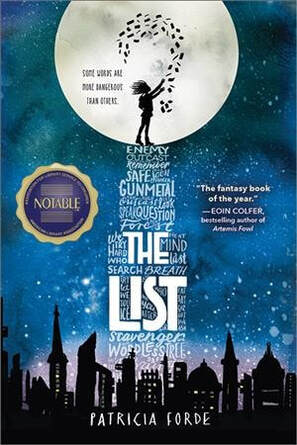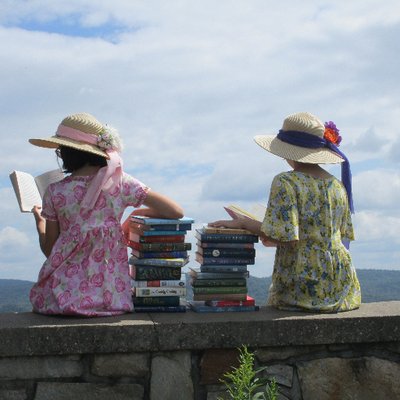
In a futuristic version of Earth, water has become an enemy. After the Melting, the world was swallowed by oceans, destroying towns and cities, humans and animals. Even rainwater is no longer fit to drink. There is nothing left but Ark.
Ark, the city John Noa built out of nothing when waves overcame the land.
Ark, where grim-faced gavvers pace the streets, searching for the Desecrators who would destroy the fragile peace, where everything is rationed, even the very words people speak.
Ark, where Letta, the last wordsmith’s apprentice, writes out cards containing Ark’s language, List—a language of only five hundred words.
Letta was born in Ark after the Melting, and has always been called one of the lucky ones. She’s not quite sure if she can believe that. Long ago, her parents set out on a voyage to find other lands which had survived the Melting. They’ve never returned. Still, no matter how much she loves speaking the old tongue to the wordsmith without List’s restrictions—a language with all the now-forbidden words, like hope and dream and music—she believes John Noa will only do what is best for the people. After all, he was the one who saved them all.
But one day, a wounded boy stumbles into Letta’s home, and changes her life forever. His name is Marlo, and he is a Desecrator, but he isn’t the mindless villain she’s always believed the Desecrators to be. Instead, he’s interesting, and funny—and his explanations of Ark make much more sense than what Letta has always believed.
Then horrible news reaches Letta, and she is called upon to take up newfound power in Ark. Yet Marlo’s words make her question everything as she struggles to navigate the turmoil as the Desecrators make themselves known and dark plans begun unfolding around her. For Ark is the center of a scheme which could destroy all of humanity—and Letta must uncover dangerous secrets and choose a side before it’s too late to reverse the damage which will be done.
I don’t often read dystopian novels, but The List intrigued me, in part because of the thread of words and wordsmiths. It completely blew me away. Letta and the supporting characters are excellent and feel very real. This is an amazing, engaging, well-plotted book which I couldn’t put down. The villain was nefarious and I understood why he had to be stopped, but his reasoning, if twisted, still made a certain degree of sense, which made this book even more powerful. Overall, The List is a thought-provoking and absorbing read--I highly recommend it to readers ages eleven and up.



 RSS Feed
RSS Feed
